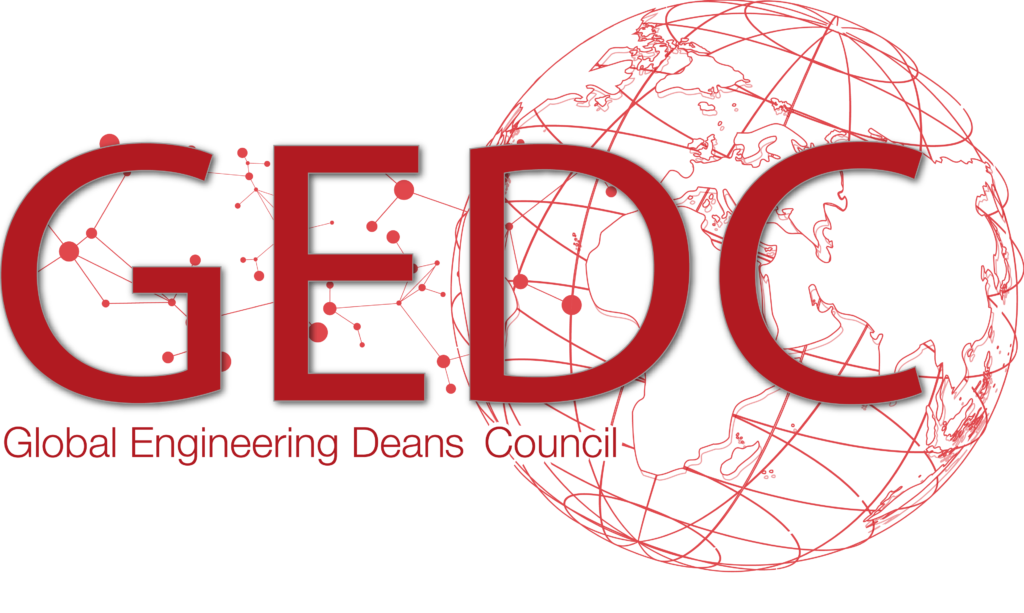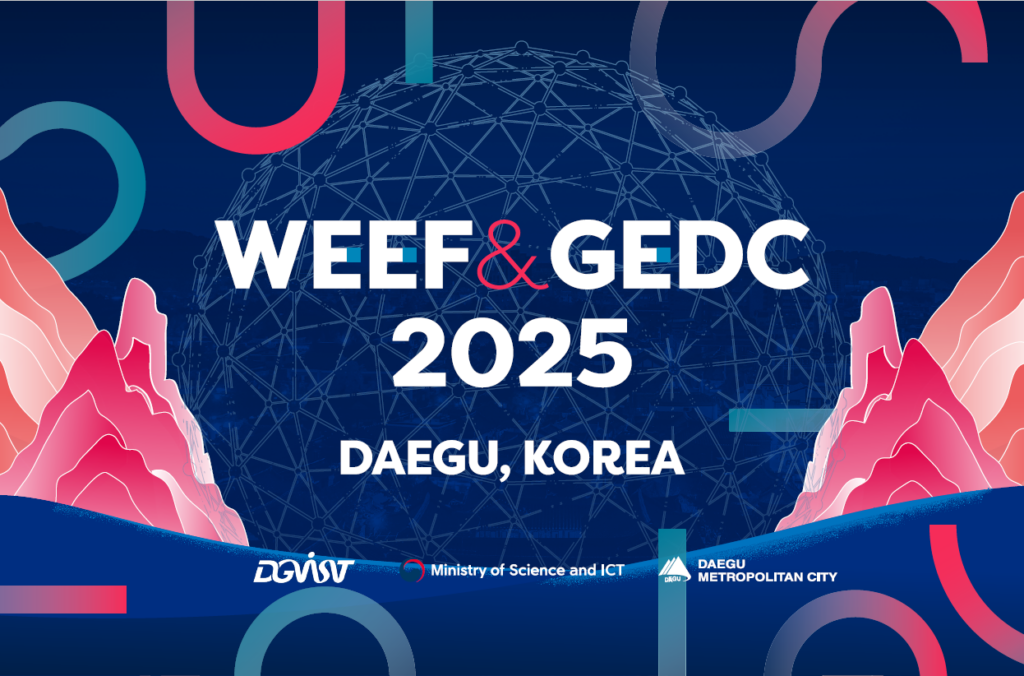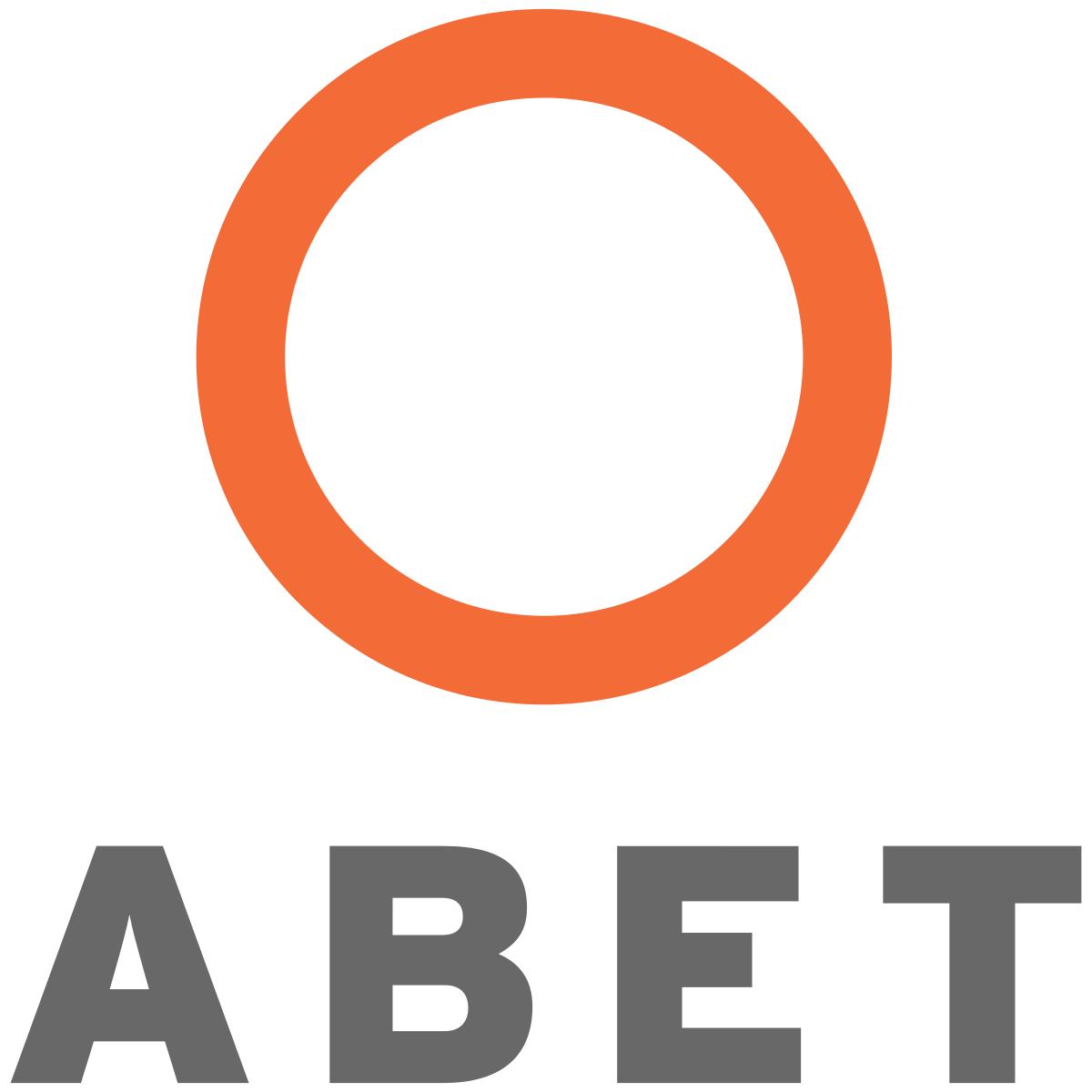In a knowledge-based economy, employers are waiting for industry-ready graduates with excellent abilities and innovative skills to develop the-state-of-art products and replace them periodically with superior design to meet the fast-growing digital disruptions. This is possible only when the higher education institutes focus on interdisciplinary and multidisciplinary programs and research works through their high-performing faculty teams. The high faculty members must be nurtured, supported, and facilitated for developing cutting edge programs and innovations.
A study has been undertaken on the following 10 issues:
i) Recruitment Process,
ii) Probation Completion (tenure),
iii) Training and Development,
iv) Encouragement to undertake Consultancy Projects,
v) Establishing Interdisciplinary Postgraduate and Doctoral Programs,
vi) Planning International Seminars and Conferences,
vii) Encouraging Leadership Development,
viii) Implementing Recognition Systems,
ix) Diverse Global Faculty Development, and
x) Institute-Institute Collaboration shows that the culture of supporting and rewarding the best practices is not there in many affiliated and autonomous engineering education institutes.
The current research on creating, supporting, and rewarding the high-performing faculty has become essential not only to retain them but also to assist them to reach global standards with needed resources and support. The current National Educational Policy 2020 of India also focuses on these aspects, but the institutes have yet to refine their recruitment and rewarding practices.
This research suggests low cost and high yielding human resource management practices sustain the innovations in higher education and to support the knowledge-based Indian Economy through recognizing the high-performing faculty teams. A further research study is suggested to meet the challenges of disruptive technology.










